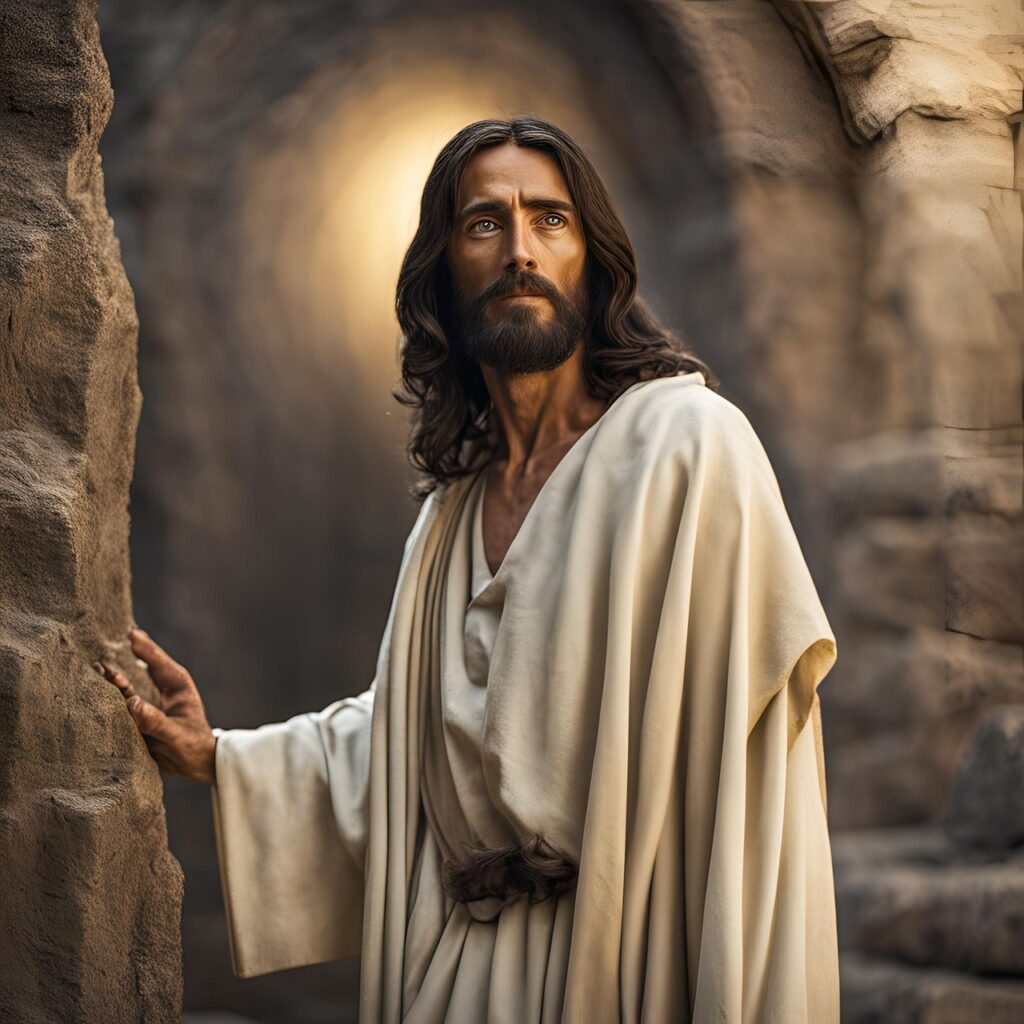Reflection by Bishop Enrique Díaz: The Prophet
14th Ordinary Sunday

Mons. Enrique Díaz Díaz shares with Exaudi readers his reflection on the Gospel of this Sunday, July 7, 2024, titled: “The Prophet.”
***
Ezekiel 2, 2-5: “This rebellious race will know that there is a prophet among them”
Psalm 122: “Have mercy on us, have mercy”
II Corinthians 12, 7-10: “I boast about my weaknesses, so that the power of Christ may be manifested in me”
Saint Mark 6, 1-6: “Everyone honors a prophet, except those in his country”
The prophet has the mission of speaking to the people in the name of God. Living his own needs and anxieties, he discovers in them the provident hand of God, he complains when the people move away and remembers their fidelity to the God of the Covenant. But often, by not being heard, pessimism comes and the temptation to question one’s vocation comes. Today the three texts of the liturgy place us before this arduous mission of the prophet, questioned, ignored, and opposed. The Lord confirms Ezekiel in his mission: “This rebellious race will know that there is a prophet among them.” Paul has to boast about his own weaknesses and Jesus himself is rejected not only by the scribes, Pharisees and authorities, but also by the simple and common people who have seen him grow. Thus, whoever says and defends the truth is attacked and questioned, but he cannot remain silent, he has the mission: to be a prophet.
Very often the gospel presents Jesus surrounded by crowds, acclaimed and recognized. The “crowds”, composed mostly of simple, ignorant, poor and needy people, perceive that strength and wisdom that flow from the lips of Jesus. They recognize that wisdom and miracles are the presence of the Kingdom of God. Thus, Jesus recognized and accepted, sows his word. But not everything is honey, his word is also contradiction, his word questions, his word discovers and exposes the ambitions of hearts. Then he is rejected and provokes persecution. When Jesus performs the miracle and appears powerful, it is easy to accept it. When his words question and destabilize, when they go against positions and privileges, when they unmask and demand truth, then they are rejected. But also, today we are presented with another face of Jesus, the humble, simple, well-known face, the face of the carpenter, the everyday man and then… it can go unnoticed.
In Nazareth, they know everything about Jesus: his particular family history, his physical appearance, his hair, his eyes, his way of walking, his customs and hobbies, many of his childhood episodes. They had discovered nothing special about this young man who now appears in the synagogue and everyone recognizes his authority and wisdom. How to accept him if they had always seen him as one of the small population? How to recognize a prophet in whom he is classified as a simple craftsman, belonging to a family like any other? How is it possible to recognize God in an individual so familiar, so neighborly, so ordinary? A God so close, and so at hand, is difficult to recognize. So incarnated, so “human,” the Messiah has become that the flesh hides him and makes it difficult to accept him. Only faith can help discover it, but faith is what is missing in Nazareth, and so Jesus remains blocked in his miraculous activity on behalf of those in need.
Undoubtedly, Jesus is hurt by these distrusts and the hostile and aggressive reception of his people. It is evident in his pained rebuke as he quotes the proverb regarding the acceptance of the prophet. He encounters narrow-mindedness, meanness and prejudice. He is hurt by the disbelief of those closest to him. However, he is not filled with bitterness, but he breaks that narrow circle and sends his message much further: “Then he went to teach in the neighboring towns.” The word is often rejected when it does not accommodate the whims and customs of certain schemes. It is scary when it opens up new perspectives and seems insolent to announce a new way of living and being. But the prophet does not seek acceptance and applause from an audience that has to please him. He is faithful to an original inspiration, he seeks to open new paths, where the Kingdom of God can be established, where the will of the Father is the norm, where love and service replace all commands, where the most important thing is man and not the appearances.
When I hear that the gospel has been left in the past and is seen as something stagnant, many questions come to mind. It may be that he is rejected because he is questioning us deeply and we are not capable of true conversion. We would like a gospel that only comforts and comforts us, but not a gospel that demands change, coherence and fidelity from us. Not a gospel that destabilizes the structures of injustice and privilege on which our society has settled. It becomes a revolutionary and dangerous gospel that is rejected and ignored. Then the words of Ezekiel would be for us: “A rebellious people… stubborn and obstinate…” And we will have to continue courageously proclaiming the gospel. We will have to be faithful to our mission as prophets. But I also wonder if the rejection that the Gospel suffers does not spring from the incoherence and lack of honesty of those of us who should preach it. When our proclamation is made with lines that are too crooked to be read, when it is not supported by a life and a radical option, but is diluted in words that are not supported by actions, then the gospel is not credible.
There is a third possibility. Sometimes we want preaching that is adorned and sustained by miracles and fireworks, by noise and fuss. Instead, Christ appeared incarnate, humble, with a simple job, as part of a simple family… and from there, from his poverty and ordinary appearance, he preaches, accompanies, sustains, in silence, in the darkness. The Gospel appears in simple clothes, and then it is difficult to recognize it even for those at home. The word of God leaves me with many questions this Sunday, as a disciple and follower of Jesus: How is my fidelity to the gospel, how is my fidelity to the style of Jesus, and how is my faith and perseverance to continue preaching it?
Our God, who through the hidden life of your Son, has shown us the riches of your Kingdom, grant us to be faithful to his teachings and examples and to remain constant in listening to and preaching his Word. Amen.
Related

After Eight Days Jesus Arrived: Commentary by Fr. Jorge Miró
Jorge Miró
26 April, 2025
3 min

The Perspectivas del Trabajo Foundation is founded with the aim of promoting virtues for professional development
Exaudi Staff
25 April, 2025
2 min

Reflection by Bishop Enrique Díaz: Alleluia, alleluia
Enrique Díaz
20 April, 2025
5 min

Christ is Risen! Alleluia! Commentary by Fr. Jorge Miró
Jorge Miró
20 April, 2025
3 min
 (EN)
(EN)
 (ES)
(ES)
 (IT)
(IT)

